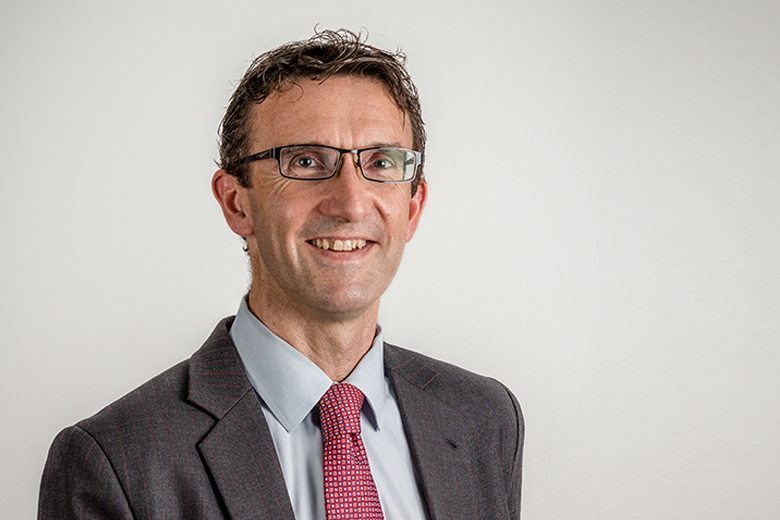

A top-down approach must be applied to the way governments tackle urban expansion
The migration of the rural population to urban centres is a global challenge.
But nowhere is the trend as rapid as in the Gulf, where cities such as Abu Dhabi, Doha, Dubai, Jeddah, Kuwait City and Riyadh have transformed from small towns into world-scale metropolises in less than half a century.
In 1960, 30 per cent of the people in what is now the GCC lived in the regions cities. Today, it is about 85 per cent 98 per cent in Kuwait and Qatar.
By ? 2050, 90 per cent of the population of the GCC will live in the city, 36 per cent above the global average.
The rate of migration is slowing?, but the numbers are much bigger. The GCC population is expected to grow by 50 per cent, or 22 million by 2050.
It is difficult to overstate the scale of the challenges created by this level of urban expansion 5 million new houses, double the current number of cars on the roads, and so on.
In addition to the issue of creating capacity for this demand growth are the more subtle challenges of preserving communities, ensuring social cohesion, and simply creating a nice lifestyle.
The regions governments have two huge weapons they must use. The first is to put a flexible and holistic vision at the core of their town planning processes, as seen on the Abu Dhabi 2030 masterplan.
The second is to invest heavily in technology, information management software and hardware, such as metros and trams, that get people off the road.
Information management technology enables the integration of transportation networks to allow digital ticketing, reduce congestion and manage traffic flows.
Applied to energy networks, Big Data can moderate consumption and facilitate the integration to the national grid of a decentralised renewable energy sources.
But adopting new systems requires new investment across previously non-existent budget lines. So, champions must be empowered.
It also requires behavioural change. Individuals must be willing to share data. And government departments must give up domains to new, cross-functional, integrated departments.
Ultimately, it must come from the top.
You might also like...

Iran-US talks see earnest engagement
27 February 2026

Kuwait receives bids for $400m Subiya utilities plant works
27 February 2026

A partner’s perspective on working with Sharakat
27 February 2026

Egypt’s Obelisk equity move merits attention
27 February 2026
A MEED Subscription...
Subscribe or upgrade your current MEED.com package to support your strategic planning with the MENA region’s best source of business information. Proceed to our online shop below to find out more about the features in each package.
Take advantage of our introductory offers below for new subscribers and purchase your access today! If you are an existing client, please reach out to your account manager.








